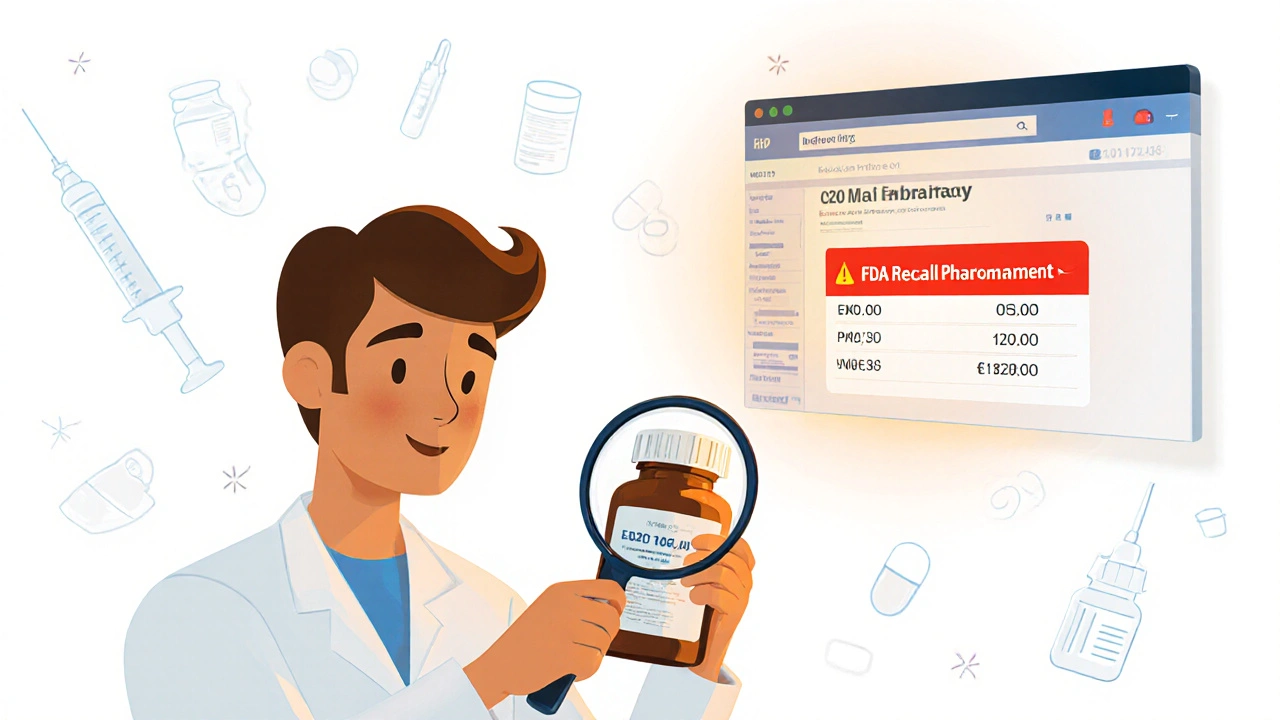Medication Recall: What It Means and How It Keeps You Safe
When a medication recall, a formal action to remove a drug from the market due to safety concerns. Also known as a drug recall, it’s one of the most important safeguards in modern medicine. It’s not a mistake—it’s a system working. Every year, hundreds of medications are recalled in the U.S. alone, not because they’re all dangerous, but because something changed: contamination, mislabeling, unexpected side effects, or manufacturing flaws. These aren’t rumors. They’re verified by the FDA and drugmakers, and they’re meant to stop harm before it spreads.
Recalls aren’t just about pills gone bad. They can involve adverse drug reactions, serious side effects that weren’t caught during clinical trials—like Stevens-Johnson Syndrome or DRESS syndrome, both of which show up days or weeks after taking a drug. That’s why patient-reported outcomes matter. If enough people report a rash, dizziness, or organ damage, regulators step in. Recalls also cover recalled medications, products with incorrect dosing, wrong ingredients, or packaging that leads to dangerous mix-ups. Think of it like a food recall, but for your health. One batch of fake pills in a bottle of metformin or contaminated losartan can put thousands at risk. That’s why recalls are fast, public, and often include lot numbers you can check.
You might wonder: if a drug gets recalled, was it ever safe? The answer is yes—most drugs are safe for most people. But safety isn’t static. A drug that worked fine for 10 years might suddenly be linked to liver damage in a small group. Or a factory might start using a cheaper filler that triggers allergies. That’s why you should always check your pills. Know your brand, your dose, your lot number. If your pharmacy calls you about a recall, don’t ignore it. Return the meds. Talk to your doctor. There’s almost always a replacement.
This collection of articles dives into real cases, hidden risks, and how to protect yourself. You’ll find guides on delayed reactions, how generics are tested for safety, why some drugs need food and others don’t, and how patient feedback helps stop dangerous drugs before they hurt more people. These aren’t theoretical. They’re based on actual recalls, real patient stories, and the science behind why drugs fail. Whether you’re taking blood pressure meds, antidepressants, or antibiotics, knowing how recalls work could save your life—or someone you love.
Learn how to safely clear expired medications by checking expiration dates, decoding lot numbers, and verifying recalls through FDA databases. Avoid errors that lead to waste, harm, or legal issues.

